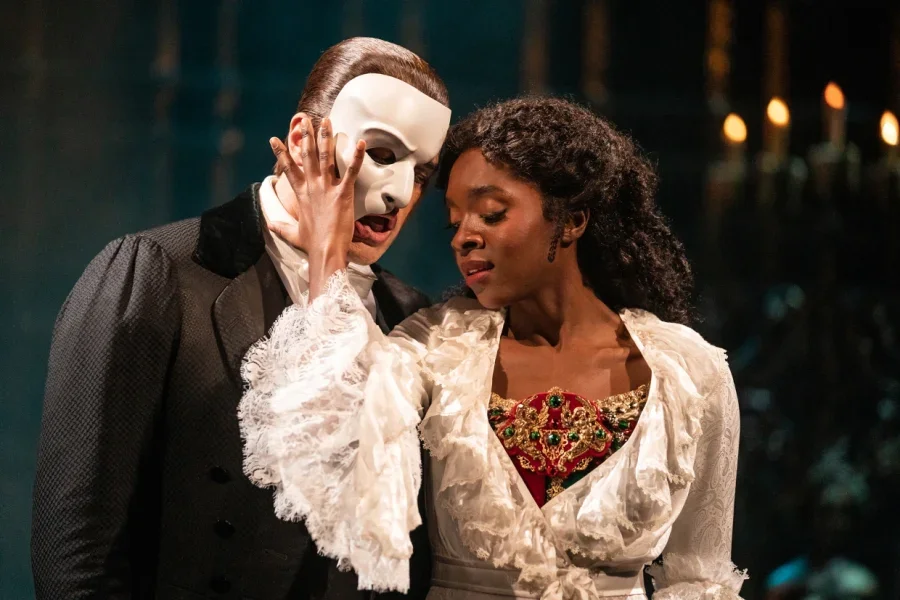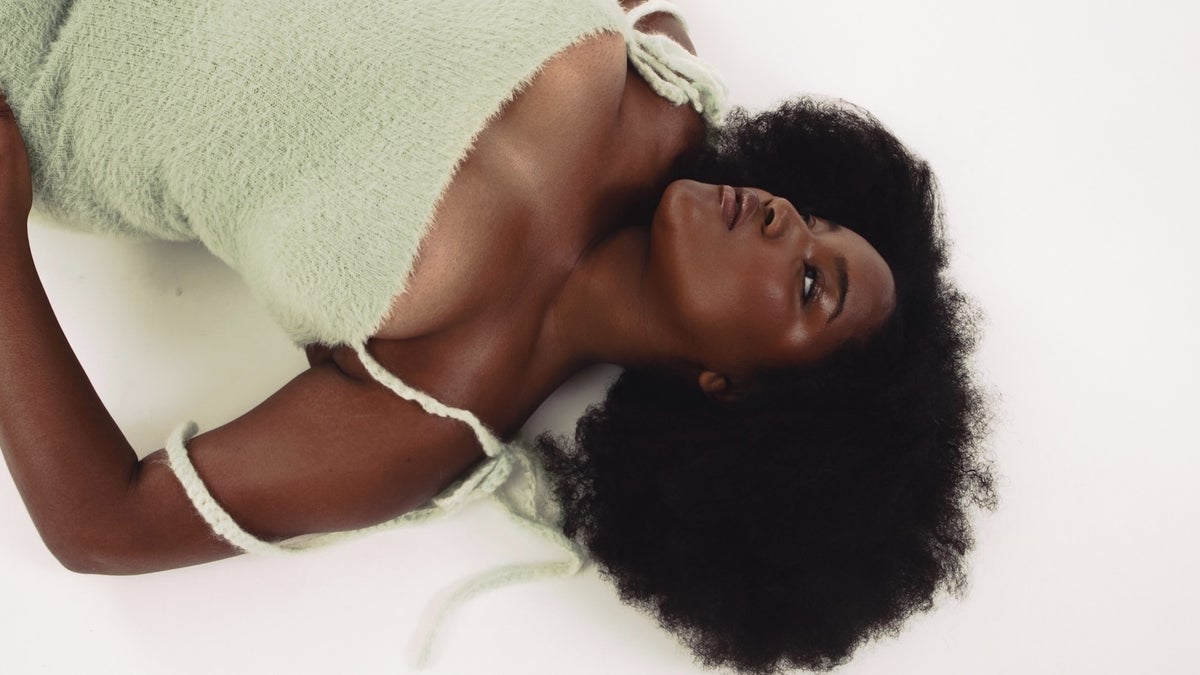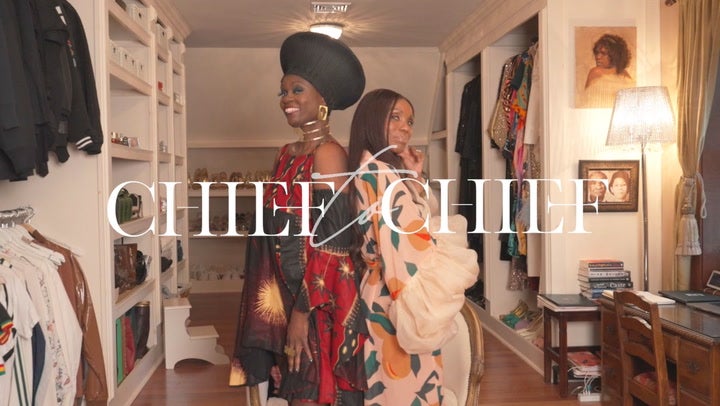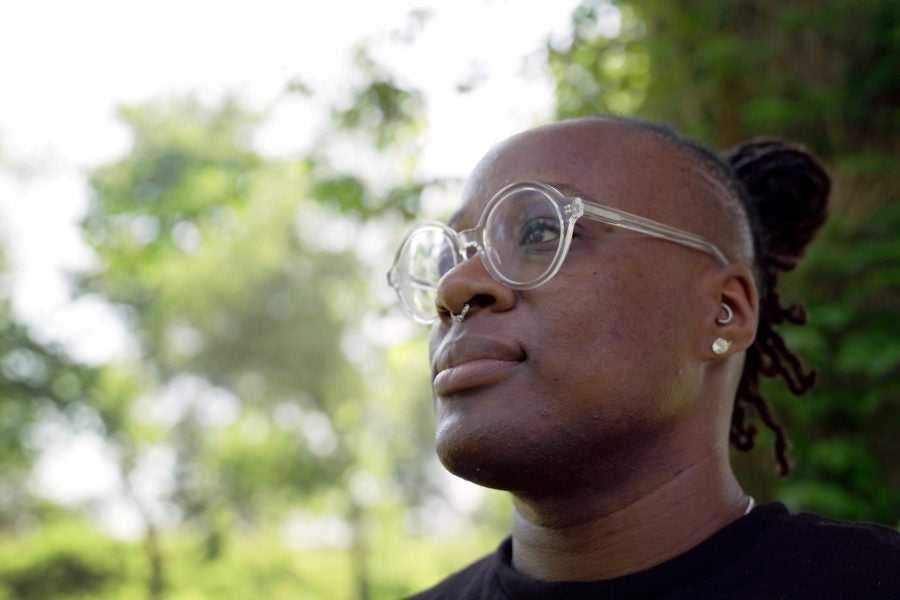
Black Public Media is going beyond the gender binary and normalizing conversations around gender identity and gender affirmation with the release of its new documentary short film series, “I Am Who I Say I Am.”
The second edition of BPM’s “Be Heard” social media campaign, which aims to tackle pressing social issues, the short film series captures uplifting personal stories of Black people speaking to the importance of gender affirmation and acceptance.
“I Am Who I Say I Am” comprises three micro documentaries: “How to Learn Someone’s Pronouns,” which was released Oct. 6 in honor of LGBT History Month and features multidisciplinary artist and educator Janelle “Jei” Lawrence discussing the use of gender-affirming pronouns in the workplace; “Discussing Gender Identity with Family,” which was released Oct. 20 and showcases Brit Fryer and his mother Sharon Kidd-Fryer speaking about familial acceptance and support; and “Why Your Patient’s Pronouns are Important,” which was released Nov. 3 and features Dr. Maya Thompson, a pediatric dentist, explaining why gender is an important part of holistic healthcare.
Article continues after video.
The short film series comes as an unprecedented number of anti-LGBTQ bills have been introduced in state legislatures across the country. The combination of transphobia, systemic anti-Black racism and increasing anti-LGBTQ rhetoric in the United States puts Black transgender and gender nonconforming people in particular at increased risk of experiencing discrimination and violence; according to data from the National Transgender Discrimination Survey, Black transgender and gender nonconforming people face alarming rates of unemployment, housing discrimination and harassment at school and in the workplace.
“I Am Who I Say I Am” also comes at a time when many Americans are navigating the use of gender-neutral pronouns. A 2021 Pew Research Center survey found that about one-in-four Americans personally know someone who uses a gender-neutral pronoun, but only half feel comfortable using them.
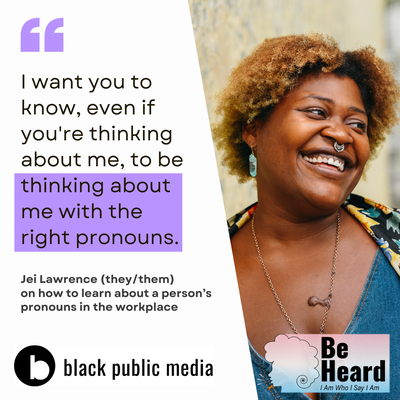
In honor of Transgender Awareness Week and Transgender Day of Remembrance in November, ESSENCE spoke with Emmy-nominated producer Sophia Clark about their creative approach to directing “I Am Who I Say I Am,” the importance of centering Black voices on the topic of gender affirmation, and their hopes for the short film series.
This interview has been edited for clarity and length.
ESSENCE: What inspired you to create this short documentary film series?
Sophia Clark: It was actually Black Public Media who wanted to create a series about misgendering. Because I had been a producer on the original Be Heard series on Black votership in 2020, they asked if I would consider directing it. I asked them if they would pivot the perspective to make it about gender affirmation, and that’s really because I wanted it to be more of a feel-good series. I was inspired by my own life and by the life of my friends and community.
ESSENCE: How did you approach directing this film series? What was the creative process like?
We actually went through a few rounds of development with Black Public Media to really home in on the basic format and themes of each chapter. There were initially five chapters that we were going to consider. As we started to budget it out, we came to a consensus that we wanted to show real people in what we think are the three most common contexts for this kind of discussion in the public arena. And so, for me, it really started with a truly collaborative process with Black Public Media.
Casting was a huge part of it. Finding the right people to really focus on. From there, I just looked for the things that I found beautiful. Jei’s chapter was really inspired by Beyoncé’s “All Night” video, because I thought that was such a beautiful video showing someone in a different environment and how beautiful they were as they’re being themselves. Brit’s chapter was inspired by Padma Lakshmi’s “Taste the Nation”—this idea of getting to know someone in a very personal way over cooking. And then Dr. Maya’s chapter was inspired by Mr. Rogers.
ESSENCE: Of the three personal stories, is there a particular one that resonates most with you?
I relate so much to Jei’s chapter because so much of where I see gender affirmation is in my workplace. I really appreciated the way that they talk about how they encourage their colleagues, but how they recognize when that encouragement is appropriate. With Brit’s chapter, my mom actually passed away before I came to understand what my gender is, but that idea of closeness and family advocacy is something that my entire family has had to navigate. It was really beautiful to see that in action in a way that I would hope my mom would also react. And then with Dr. Maya, I really appreciate and relate to how Maya understands that gender affirmation is already an integral part of her practice. So often we think of gender affirmation or gender as an add-on, as something peripheral, as something that we have to fit in. And the reality is that it’s already a part of our daily lives.
I think that if we don’t spotlight these stories in the Black community, then normal gender affirmation conversations are always going to be seen through the lens of whiteness.
ESSENCE: Would you say this experience has been healing for you?
I’m really glad that you asked this question because I actually started a new job around the time that this series was being finalized. And when you start a new job, the first thing you have to do is reintroduce yourself over and over again. Because it had been so long since I had been constantly misgendered, I didn’t realize how healing and how amazing working on the project would be for me. It kind of felt like my own little affirming safe place. I think there’s sometimes an inclination to make yourself small, to want to assimilate when you start to get to know people, and to not be seen as overly aggressive. Challenging people when correcting them [about] your pronouns can feel very aggressive, and you don’t know how transphobic a person is when you first meet them. And so, just having that safe space to go back to the work and feel completely seen and loved … and seeing the world that I wanted to exist in and helping to create and put that on screen … that was very healing for me.
ESSENCE: LGBTQ+ stories are often captured through a lens that doesn’t spotlight Black voices. Can you speak to the importance of bringing the Black community into focus on the topic of gender affirmation and acceptance?
I think that if we don’t spotlight these stories in the Black community, then normal gender affirmation conversations are always going to be seen through the lens of whiteness. I like to create stories that center Black queer folks just as that constant reminder that it’s already integral into Black life. This is a very integrated portrayal of what Black life is, and that always has and always will include queer people.
ESSENCE: What are your hopes for this film series?
When I go on social media, I want to feel good and I want to see myself, and sometimes the stories about Black queer folks aren’t always feel-good. So, I hope that people feel good when they watch it. I hope they see these four people as beautiful and that they learn something. I love when Jei says that they want people to just think about them with the right pronouns. I hope people walk away with those tools and feel like they saw something beautiful and something light-hearted, because I think we need more of that.
I hope that if the series brings up any feelings of discomfort, that people invite themselves to really sit and explore where that discomfort stems from and allow themselves to be surprised at what answers come up for them. So, in addition to hopefully feeling a bit lighthearted, if it feels a bit heavier, I would just invite people to sit with that heaviness and see where it leads them.
ESSENCE: Transgender Awareness Week was this month. What message do you have for Black transgender and gender nonconforming folks?
My message is that you’re beautiful. You deserve to feel fully integrated into the community that you belong to, which is the Black community. I hope that everyone feels a bit more connected and unified. In addition to Transgender Awareness Week, it’s also after a very fraught election period, so I’m sure there are a lot of feelings. I hope that if they watched the series during Transgender Awareness Week, that they feel loved, because they are.
“I Am Who I Say I Am” is available to watch on BPM’s YouTube page. Additional resources about gender affirmation are available on the nonprofit’s website.

